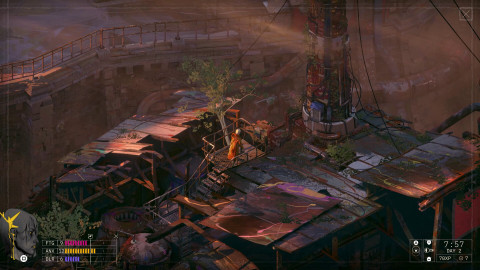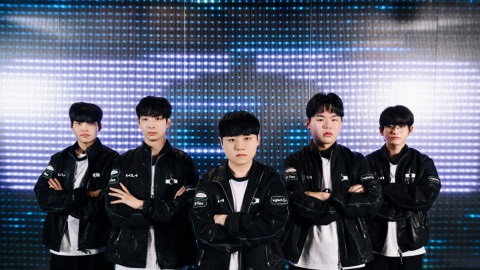
Japan has become the latest nation to take steps to combat online toxicity and abuse following the death by suicide of a professional wrestler-turned reality TV star. 22-year-old Hana Kimura took her life in 2020 after months of abuse related to her appearance in the popular Japanese reality show ‘Terrace House.'
The story began at the end of 2019 when Kimura was cast as a part of the Terrace House show, which is similar to a Big Brother-type program. Contestants live together and apparently date as part of the show, with western outlets like the New York Times and Time magazine heavily praising the production during the time it was on the air.
During Kimura's time in the house, though, things took a turn for the worse, as a conflict with another housemate over damage done to Kimura’s wrestling attire led to a torrent of online abuse. The professional wrestler had brought her custom-made ring attire to the house, and another cast member named Kai damaged it by washing it, leading to an argument during which Kimura knocked Kai’s hat off his head.
Kimura suffered racist abuse
What initially could have acted as just a dramatic moment on the show turned far darker. Kimura received masses of abuse online in the wake of the incident, some of it racially charged as fans of the show called her a ‘gorilla’ and picked on her mixed heritage. Japan currently has no laws aimed at preventing racial discrimination.
Tragically, Kimura was found dead just a few months later, in May of 2020, with the death being ruled a suicide caused by ‘defamation’ and online abuse. Two individuals were charged and convicted. Their punishment was a 9000 yen fine, which is around $66 in the US. The perceived leniency of the charge sparked public outrage, leading to a review of the way online abuse was dealt with.
Parliament had been debating the change since January of this year, with Kimura’s mother and former professional wrestler Kyoko leading the fight. The change now means perpetrators can be sentenced to up to one year in prison, with the fine now able to be a maximum of 300,000 yen, or $2,200, with legislators having to agree to a review of the rules every three years to get the law passed.
Some believe there is still work to be done, with Japanese criminal attorney Seiho Cho telling CNN there needs to be clarification to stop the new rules from being abused, or useless. “There needs to be a guideline that makes a distinction on what qualifies as an insult,” Cho said. “For example, at the moment, even if someone calls the leader of Japan an idiot, then maybe under the revised law that could be classed as an insult.”
Sort by:
Comments :0






